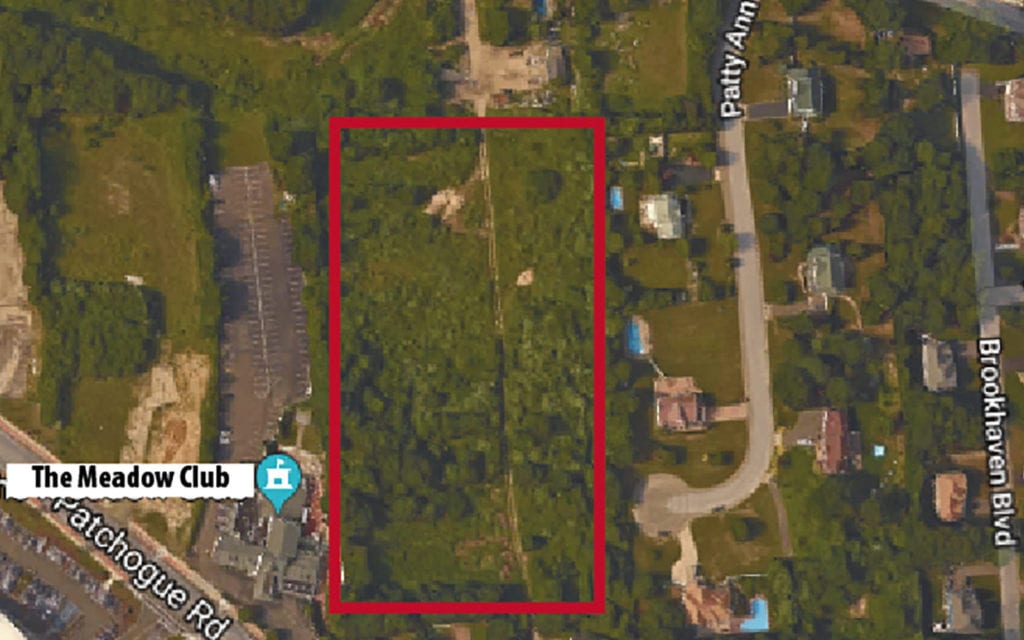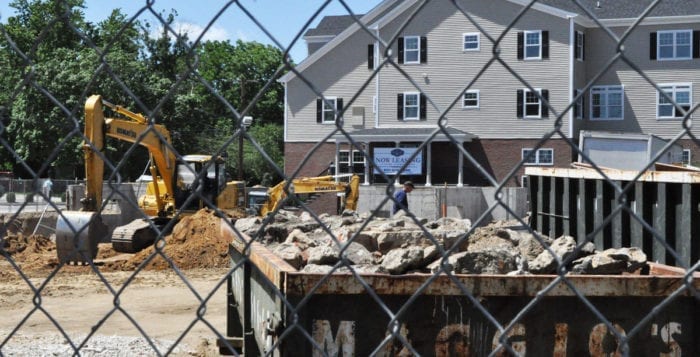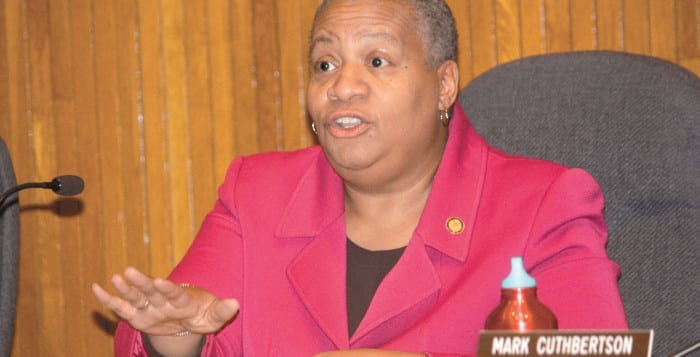
Another large-scale development project is in the works for the Port Jefferson Station area.
Brookhaven Town approved a zone change at its July 12 meeting paving the way for the construction of a 170-unit assisted living facility on Route 112 in Port Jefferson Station on a parcel near The Meadow Club banquet hall. With plans already progressing in recent months to construct a 244-unit residential complex for senior citizens on North Bicycle Path just off of Route 112 and New York Gov. Andrew Cuomo’s allocating of $8 million in funds for a roughly 100-unit project for affordable and homeless housing on Route 112 near East Grove Street, this will be the third property set for massive development in a roughly mile and a half stretch of the state highway.
Baltimore-based developer Brightview Senior Living will be building and operating the assisted living facility, as it does with each of its 35 properties, according to Vice President of Development David Holland, who spoke during a town public hearing on the zone change July 12.
“We intend to be long-term citizens of Brookhaven and strive to be good neighbors to all who are around us,” Holland said.
The VP said the company expects the majority of its tenants to be in their 80s and 90s and in need of regular, daily care. Brightview’s current site plan for the approximately nine-acre plot of land includes a three-story building with dining venues, a theater, a pub, a library, indoor and outdoor lounges, as well as its own sewage treatment facility for the site.
The property was previously owned by area resident Jeff Kito and his family dating back to the 1950s, he said during the hearing. Kito is the former president of the Port Jefferson Station/Terryville Civic Association and lives on the nearby Canal Road currently. He said he and his brother decided to sell the property about three years ago and sought to find a developer interested in building something along the lines of what Brightview proposed. He said he has met with neighbors in the vicinity to discuss the plans.
“I think we’ll have a great facility for the community,” he said.
Kito’s former colleagues in the civic association submitted a letter to Brightview dated Jan. 25, 2017, stating the members had no objections to the project.
“We look forward to working with your firm as this assisted living facility proposal is further developed in our Port Jefferson Station Terryville Hamlet,” said the letter, signed by then-President Ed Garboski, who is now the vice president.
Current President Sal Pitti said in an email the civic association still has no objections related to the project. Town Councilwoman Valerie Cartright (D-Port Jefferson Station) and Anthony Guardino, an attorney representing the applicant at the July 12 hearing, each said they had received a single letter from a community member in opposition of the development in addition to several in favor, including one signed by all homeowners on Patty Ann Court, which is also nearby the boundaries of the parcel. The property is expected to have a significant buffer from other residential properties that will include sizable evergreen trees.
Holland indicated a demand for such a facility exists in the area, as Brightview determined about 1,500 assisted living beds are currently available in the town.
About 16 percent of Suffolk County’s population is 65 or older, according to the website www.censusreporter.org, which is slightly higher than the New York state and United States rates. Port Jefferson Station’s 80-plus population is substantially larger — about 20 percent — than that of the state and surrounding region, according to the site.















